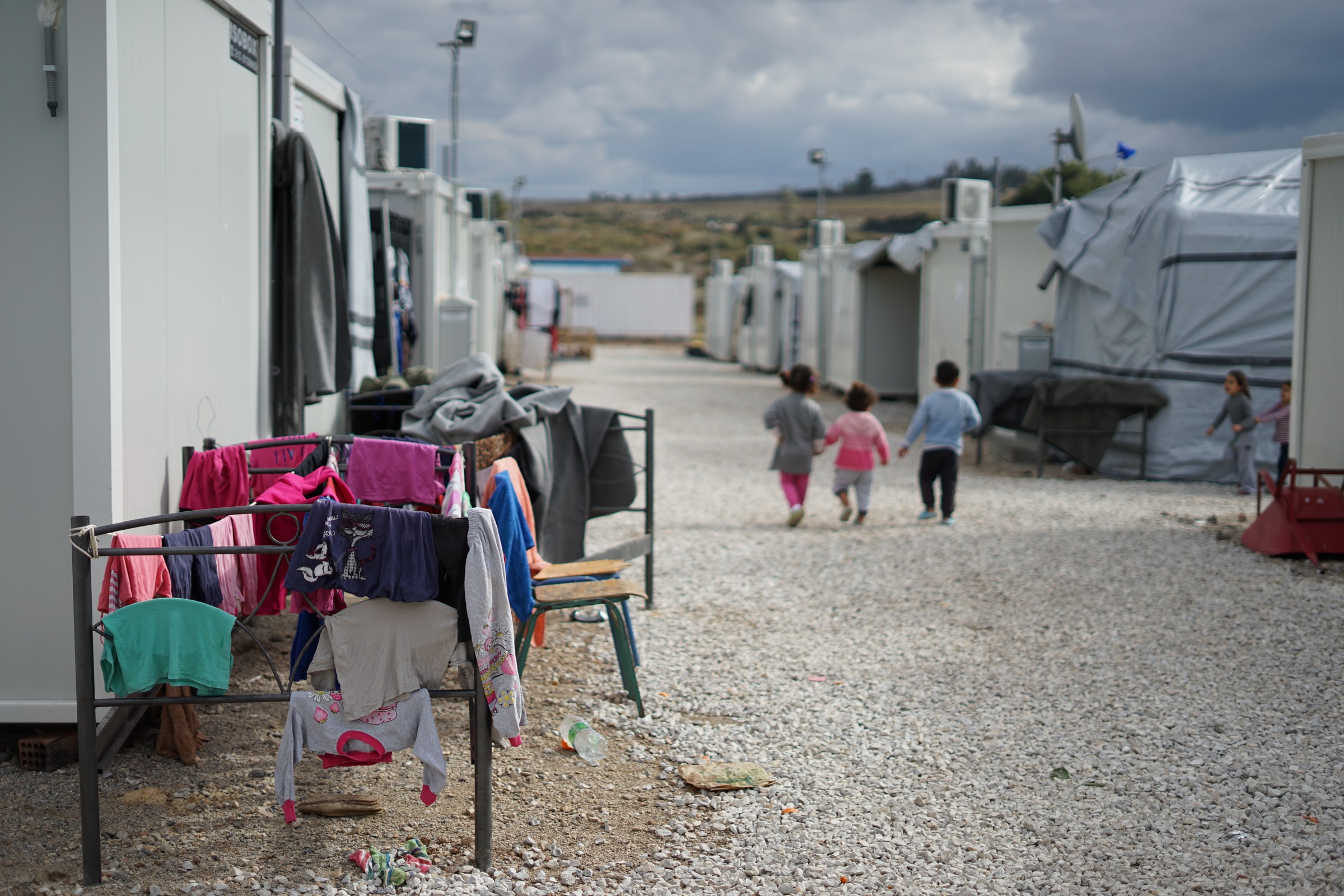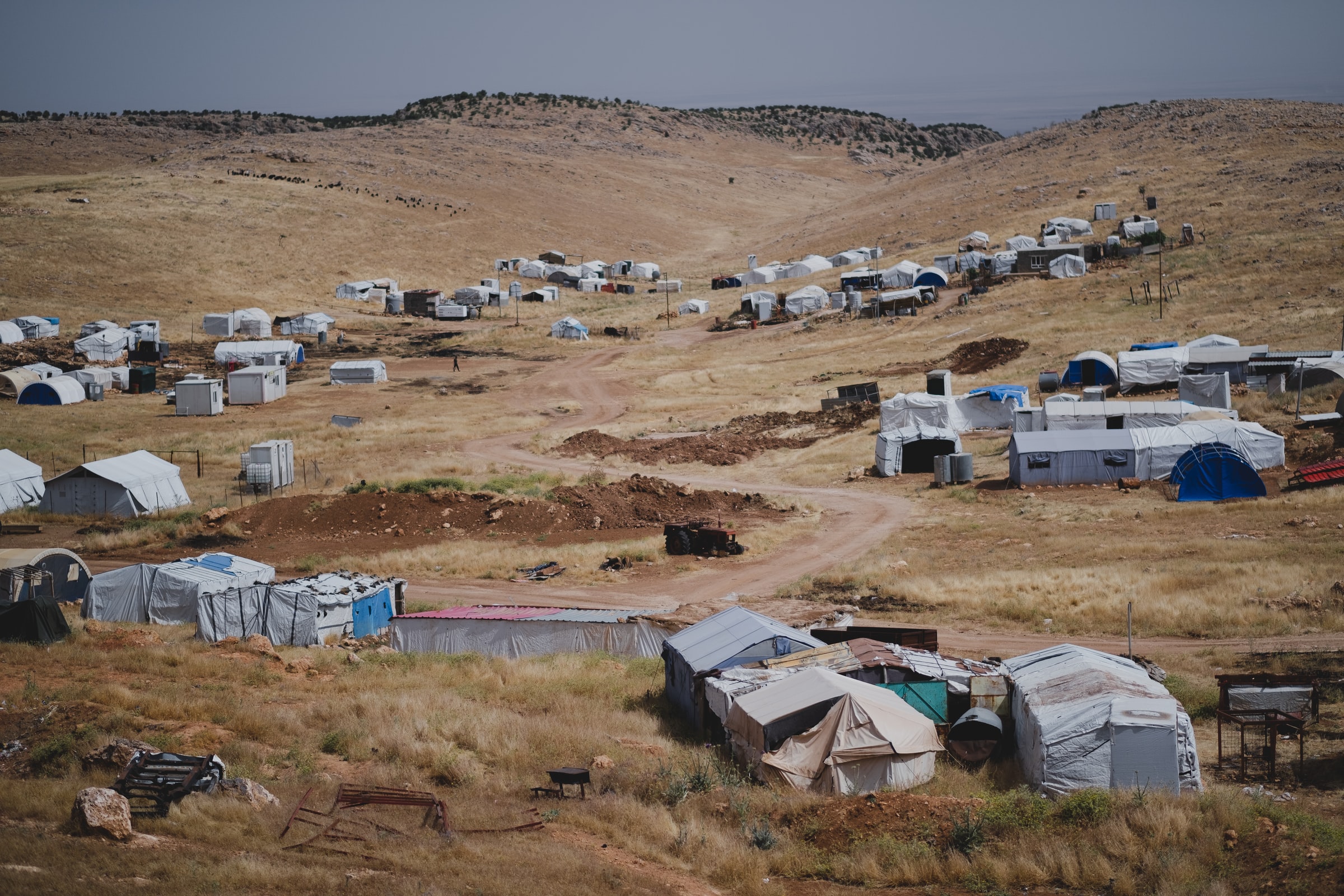
Opportunities for students from conflict-affected areas
The Global Platform for Higher Education in Emergencies is an NGO based in Portugal. It is aimed at offering academic opportunities for students from conflict-affected societies, in forced mobility or at risk. It started its activities in 2013 as the Global Platform for Syrian Students when it launched an emergency scholarship programme for Syrian Students that is operational since then. Over the past years, it has awarded more than 750 annual scholarships and provided support to around 300 students allowing them to complete their BA, MA or PhD degrees. Since 2017 it has enlarged its scholarship programme to other nationalities in the framework of the Rapid Response Mechanism for Higher Education in Emergencies (RRM) that is being set up in order to deliver more, better and faster academic opportunities in crisis situations Against this backdrop, in August 2020 the former Global Platform for Syrian Students became the Global Platform for Higher Education in Emergencies, thus adapting its mission statement and making it match its current work on the ground. The Global Platform is now working in close cooperation with higher education institutions, networks of laboratories and research centres in Portugal to offer academic opportunities to students/researchers and scholars from Ukraine who are fleeing the war and looking for a safe haven and a welcoming environment to go ahead through these very challenging times. While higher education institutions in Portugal are ready to host the first intake of students/researchers/scholars candidates, we are also preparing intakes for the upcoming academic year 2022-2023. Therefore we invite all students/researchers/scholars to fill in the Expression of Interest form (below) and submit it to allow us to get a sense of your profile ad what you are looking for. We are looking forward to welcoming you to Portugal, fully aware that education provides protection, enhances resilience and builds hope for the future. Please find here an Expression of Interest form. For further information, please contact helenabarroco@casadoregalo.pt. Be resilient, keep hope in the future.





